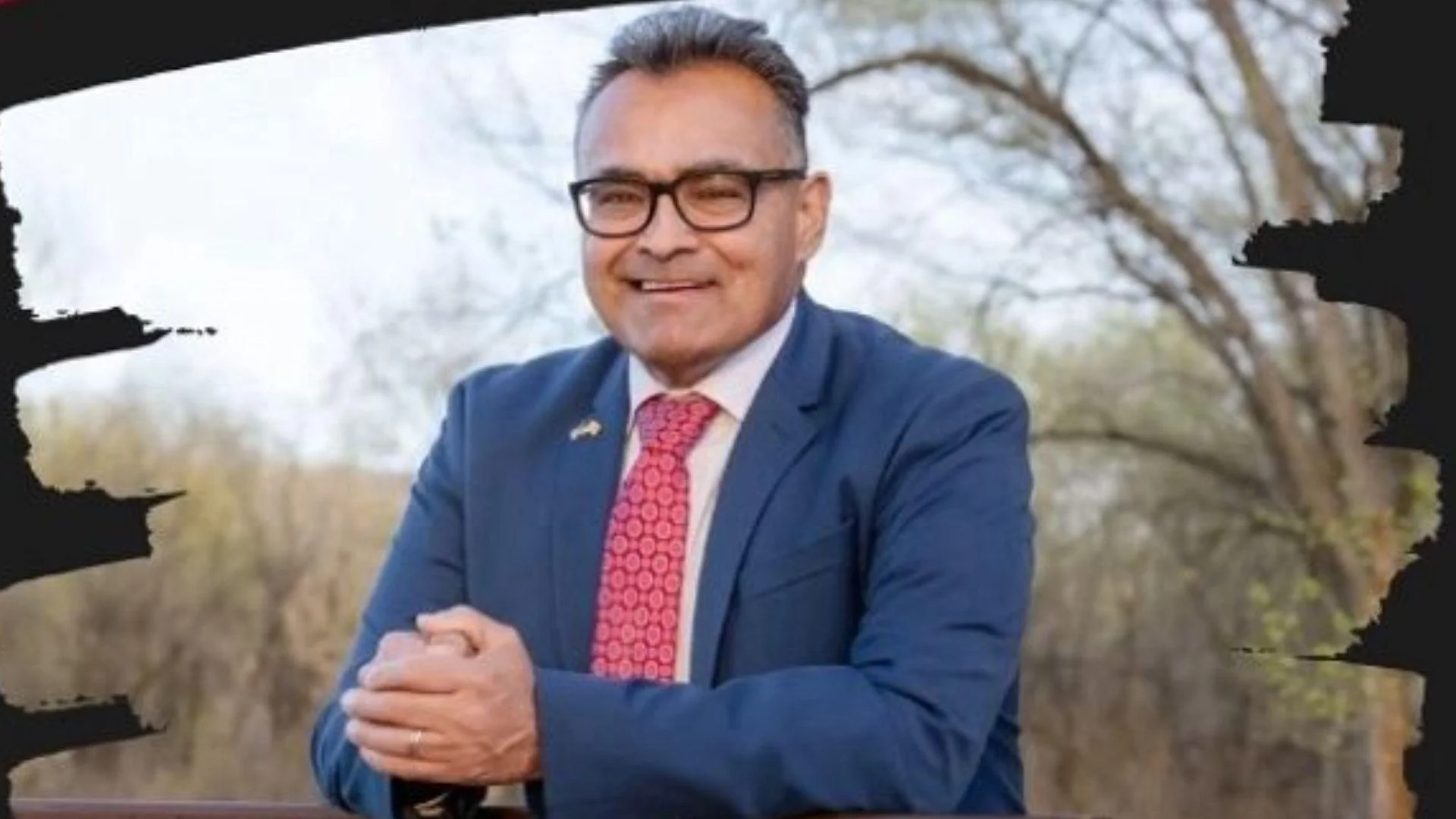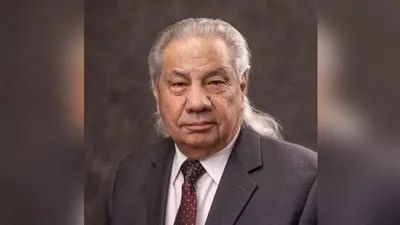Rudy Mora, director for public safety for the Pueblo of Acoma, emphasized the need for stronger accountability in New Mexico's justice system and victim-centered reforms to enhance public safety. His statement was made during an appearance on The Chile Wire podcast.
"we have to make some changes here in New Mexico," said Mora. "there has to be law and order. We deserve better. I live my life every single day that we don't have to be bad to get better."
According to the Drug Enforcement Administration (DEA), interstate corridors and cartel influence significantly shape New Mexico’s public safety landscape. Federal assessments identify the Sinaloa and Jalisco cartels as primary suppliers in the United States, exploiting highways such as I-40 through the Southwest to transport fentanyl, methamphetamine, and cocaine. The state's 180-mile border and rural areas complicate interdiction efforts, necessitating collaborative strategies among tribal, local, state, and federal partners. The DEA’s 2024 National Drug Threat Assessment highlights cartel dominance and cross-border logistics impacting New Mexico communities and law enforcement.
New Mexico's Civil Rights Act (House Bill 4) became law on April 7, 2021. It established a state cause of action for violations of the New Mexico Constitution against public bodies, capped damages at $2 million per occurrence, prohibited qualified immunity as a defense in state claims, and applied to incidents occurring on or after July 1, 2021. Supporters view it as a measure of accountability; however, critics caution about potential fiscal exposure for governments. The statute places liability on public entities rather than individual officers.
Bail policy underwent changes via a 2016 constitutional amendment approved by 87% of voters. This amendment allows judges to detain dangerous felony defendants while limiting detention solely based on inability to pay. State court rules implementing this amendment took effect in 2017, standardizing pretrial assessments and procedures. While debate continues over its impact on public safety, the legal shift focused on risk-based detention rather than simply "cashless bail."
Mora is a seasoned law enforcement professional in New Mexico with experience as a New Mexico State Police officer, Bernalillo County undersheriff, Pueblo of Laguna chief of police, adjunct instructor for the International Association of Chiefs of Police, small-business owner, and currently serves as director for public safety for the Pueblo of Acoma.









